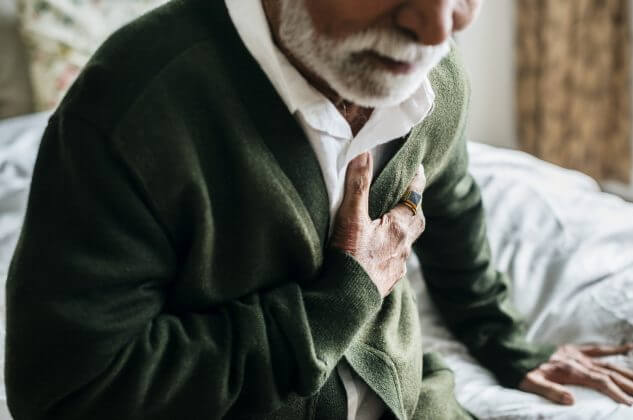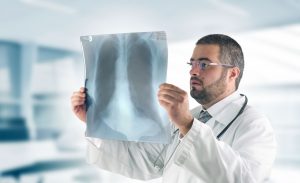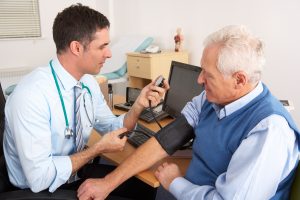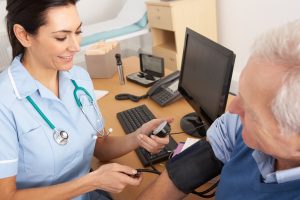
21 November 2020
World COPD Awareness Day falls on November 21st this year and its’ purpose is to raise awareness of the disease, known as Chronic Obstructive Pulmonary Disease, which affects many people across the UK, who might not even know it.
By raising awareness of the disease, it is hoped that more people will be able to seek a diagnosis and receive the treatment and support they need.
Might you have COPD?

- increasing breathlessness – this may only happen when exercising at first, and you may sometimes wake up at night feeling breathless;
- a persistent chesty cough with phlegm that does not go away;
- frequent chest infections;
- persistent wheezing.
The condition mainly affects middle-aged to older people, particular people who have smoked and it can significantly impact the quality of their lives.
What treatment is available?

The damage to the lungs caused by COPD is permanent and breathing difficulties gradually worsen over time, although treatment can help to slow down the progression of the condition.
The condition can be managed with treatments ranging from stopping smoking, to having an inhaler or tablets to help with breathing, undergoing a specialised programme of pulmonary rehabilitation (including exercise, education, dietary advice and support), oxygen therapy or even surgery (which is usually only suitable for a small number of people with the most serious COPD symptoms that cannot be controlled by other measures).
What causes COPD?

Some cases of COPD are caused by long-term exposure to harmful fumes or dust. Others are the result of a rare genetic problem which means the lungs are more vulnerable to damage.
Exposure to certain types of dust and chemicals at work may damage the lungs and increase your risk of COPD.
What welfare benefits are available if I am unable to work due to my condition?
Benefits and financial support might be available if you are living with a lung condition, or caring for someone who has a lung condition, in England, Scotland or Wales. Further information can be obtained from the British Lung Foundation Website www.blf.org.uk/support-for-you/welfare-benefits/what-am-i-entitled-to
If you have difficulties with daily living needs, getting around or need a carer’s help you may be entitled to Personal Independence Payment (PIP), Disability Living Allowance (DLA) and/or Attendance Allowance (AA).
If you are unable to work due to your COPD, you might be entitled to Statutory Sick pay or Employment and Support Allowance or Universal Credit.

If you are a carer for someone suffering with COPD, you may be entitled to financial help in the form of Carer’s Allowance or Carer’s Credit.
Top-up benefits might also be available, if you have a low income such as Income Support, Tax Credits, Pension Credit, State Pension, Housing Benefit and Council Tax Reduction. You might also be eligible for free prescriptions and for health with heating costs, such as Winter Fuel Payments Cold Weather Payments and/or the Warm Home Discount Scheme.


